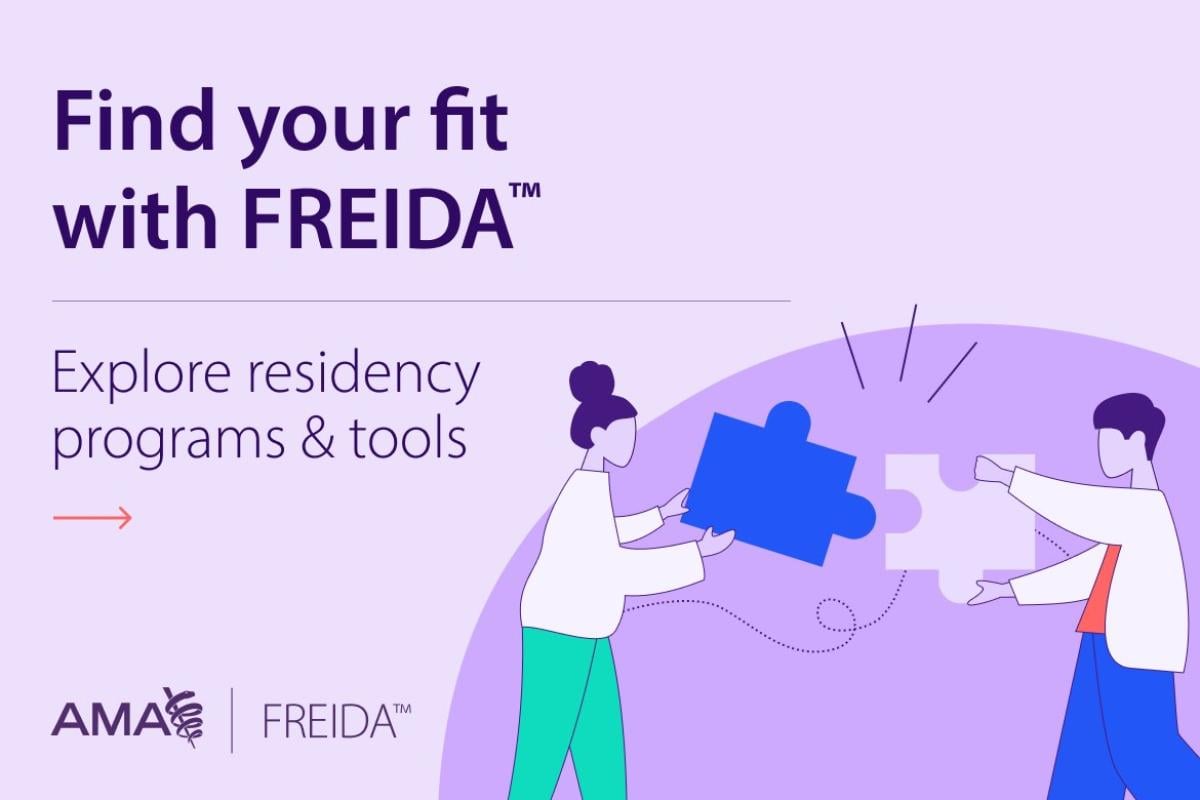Members only
Members, please log in to view the International Medical Graduates (IMG) Toolkit.
AMA membership has its advantages
- Resources for navigating the U.S. health care system
- Information on visas, mentorships and observerships
- Exclusive perks and savings
Not a member? Become a member now.



